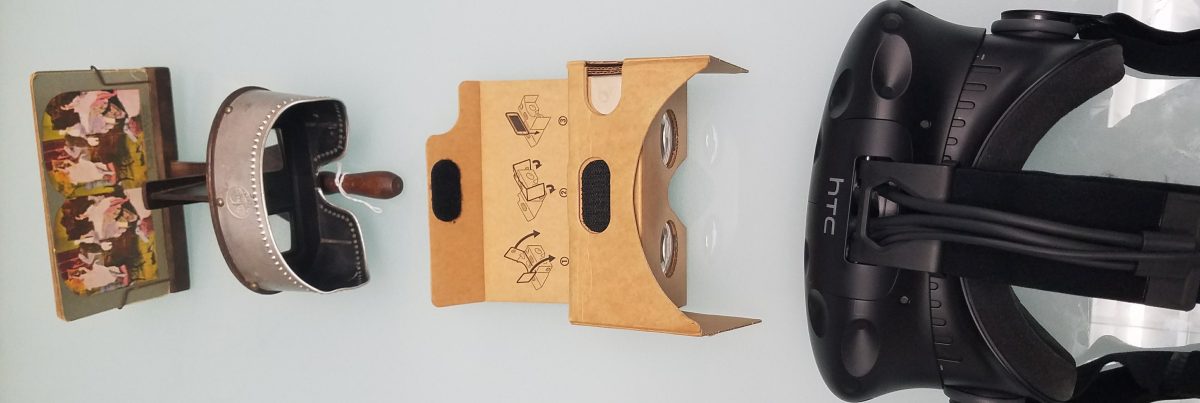I attended the Frankenreads event that was in class on Tuesday October 30th but also was able to experience the event at 5:30 in upstairs Rockland.
The in-class event was about the book history of Frankenstein. I was able to learn more about how Mary Shelly inserted parts of herself into her work. I also learned more about how creation narratives work and the summer of 1816. The summer of 1816 was when there was a major volcanic eruption that caused the summer to be very cold and bleak. This was when Frankenstein was written.
At the event in upstairs Rockland students did their own interpretation of Frankenstein, made their own stories inspired by Frankenstein, and their own alternate universe writings inspired by Frankenstein. Two of the stories that I truly enjoyed was a letter written from Henry to Victor and a writing that focused on how Victor was a monster all along and how we as humans are the real monsters.
The first writing was a letter of how Victors friend that visited while he was in college had found victors notebook. His visit happened to be when Victor got conveniently sick after releasing the creature to its own devices. I feel like the beginning of it had slight queer undertones, in the way that Henry talked about Victor and the care he was providing him. And then later made the comparison of how a mother leaves her child. I liked the idea of the friend looking after the creature in a foster parent kind of way because Victor did not. I feel like the student did a really good job making the reading sound similar to how Frankenstein reads.
The second writing was good as well. It focused on how everyone thinks they are a good person when in reality they often are not. I liked her analogy of how hate cooks you from the inside out, much like a kiln cooks pottery until its dry. I thought this provided a lot of good symbolism and sounded really good. Another thing I noticed in this reading was how she talked about loosing a child in some aspect. This made me think that maybe she was alluding to Victors “loss” of the creature. it also made me think the student was maybe alluding deeper still to how Mary Shelly herself continuously lost children in her lifetime.
